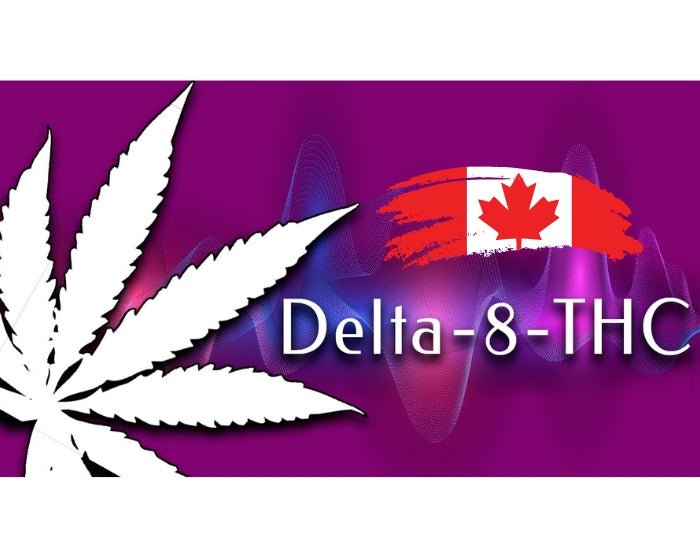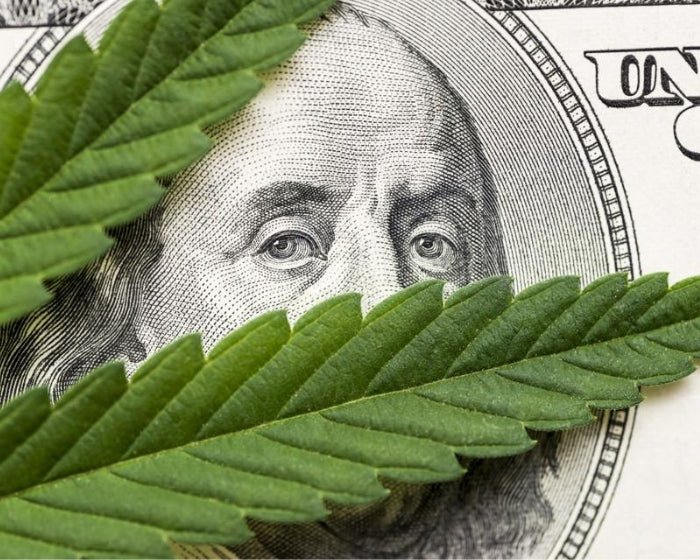
Hemp Growers have been given a one-year extension to secure a DEA-registered lab.
Hemp cultivators in the U.S. were granted a reprieve by the U.S. Department of Agriculture regarding lab testing of their products this week, according to a recent report. The USDA agreed to provide growers with a one-year extension to secure a testing facility registered with the Drug Enforcement Agency.
Following the passage of the 2018 Farm Bill, hemp became legal at the federal level. In October 2019, as part of its Interim Final Rule (IFR), the USDA mandated that all laboratories utilized for testing hemp be DEA-registered.
The original deadline set by the USDA's Agricultural Marketing Service was Jan. 1, 2023. However, due to insufficient testing capacity, the agency agreed to extend the use of labs not registered with the DEA until Dec. 31, 2023, for growers.
In a news release, the USDA said it "is delaying enforcement of this requirement based on input received from state and tribal governments and third-party cannabis testing facilities that have experienced delays in completing the DEA laboratory registration process. Because of these delays, USDA is concerned there will be inadequate hemp laboratory testing capacity for the 2023 growing season."
All labs testing hemp must comply with all other DEA regulatory requirements during this extended period.
A recently released United Nations study touts hemp's "economic and social potential."
The UN Conference on Trade and Development (UNCTAD) has issued a special report on industrial hemp, focusing on the substantial economic and societal impact the plant could have on developing nations worldwide.
At the core of its findings, the report emphasized "a so-called whole-plant approach based on the exploitation of all parts of the plant." The study went on to say that this strategy "should be at the core of any sectoral development strategy."
The 93-page report covers information including:
- Hemp taxonomy and botany.
- The industrial uses of hemp.
- International treaties governing industrial hemp production.
- The industrial hemp value chain and "potential challenges and opportunities for processors."
- Consumer preferences and market trends.
- Hemp production figures.
- Information on the international hemp product trade and tariffs.
- The prices of industrial hemp products.
- Policy issues for governments interested in promoting industrial hemp.
The report concludes that "this approach could facilitate the creation of production chains that are able to contribute to growth in rural areas, in manufacturing, and in the food processing industry."
Overall, the Conference views the expansion of hemp cultivation and its many versatile byproducts as promising and potentially valuable options for both first-world and still-developing nations.








































